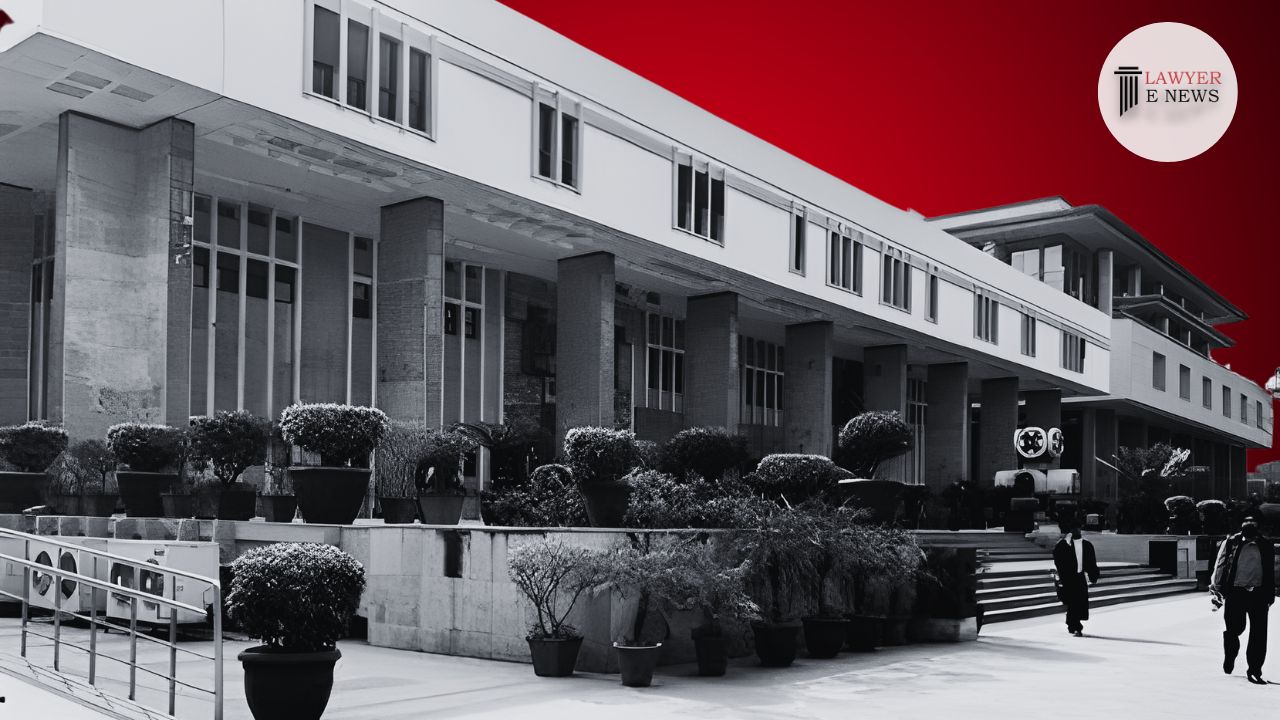-
by sayum
14 February 2026 2:22 PM



In a significant ruling today, the Delhi High Court, presided over by Justice Saurabh Banerjee, has allowed the compounding of an offence involving dishonoured cheques, emphasizing the civil nature of such wrongs under the Negotiable Instruments Act. The case, involving Nayati Medical Pvt. Ltd. as the appellant against A.S Pharma Pvt. Ltd., dealt with cheques that were dishonoured due to "Payment stopped by Drawer."
Justice Banerjee, in his ruling, stated, "The essence of all the pronouncements by the Hon'ble Supreme Court coupled with Section 138 of the N.I. Act is that the consent of the complainant is not mandatory at the time of compounding of the offence under Section 138 of the N.I. Act, once the complainant has been equitably compensated." This observation formed the crux of the court's decision to allow the petition under Section 482 of the Cr.P.C., setting a precedent for similar cases.
The petitioners, Nayati Medical Pvt. Ltd., sought to set aside an earlier order by the Trial Court in a complaint case filed by A.S Pharma Pvt. Ltd. regarding two cheques amounting to Rs. 3,00,000 and Rs. 3,50,000, respectively, which were returned dishonoured. The petitioners expressed their willingness to settle the matter, offering to pay the cheque amounts with a 10% interest and an additional overhead.
Highlighting the compensatory nature of the offence under the N.I. Act, the court observed, "once an accused accepts his liability to pay the cheque amount, there will be no fruitful purpose in keeping the complaint alive." The ruling noted the importance of equitably compensating the complainant and the court's discretion in ensuring justice and preventing the abuse of legal processes.
As per the court's decision, the offence has been compounded subject to the petitioners depositing the cumulative cheque amount with interest and an additional sum within eight weeks. This move is seen as a balancing act between the interests of the complainant and the judicial principle of fairness.
The Delhi High Court's decision sheds light on the nuanced approach required in cases under the Negotiable Instruments Act, especially regarding compounding offences and the inherent powers of the court under Section 482 of the Cr.P.C. It underscores the importance of equitable compensation in resolving disputes that, while criminal in nature, are essentially rooted in civil wrongs.
Decided on: 13-12-2023
Nayati Medical Pvt. Ltd. and Others VS A.S Pharma Pvt. Ltd
